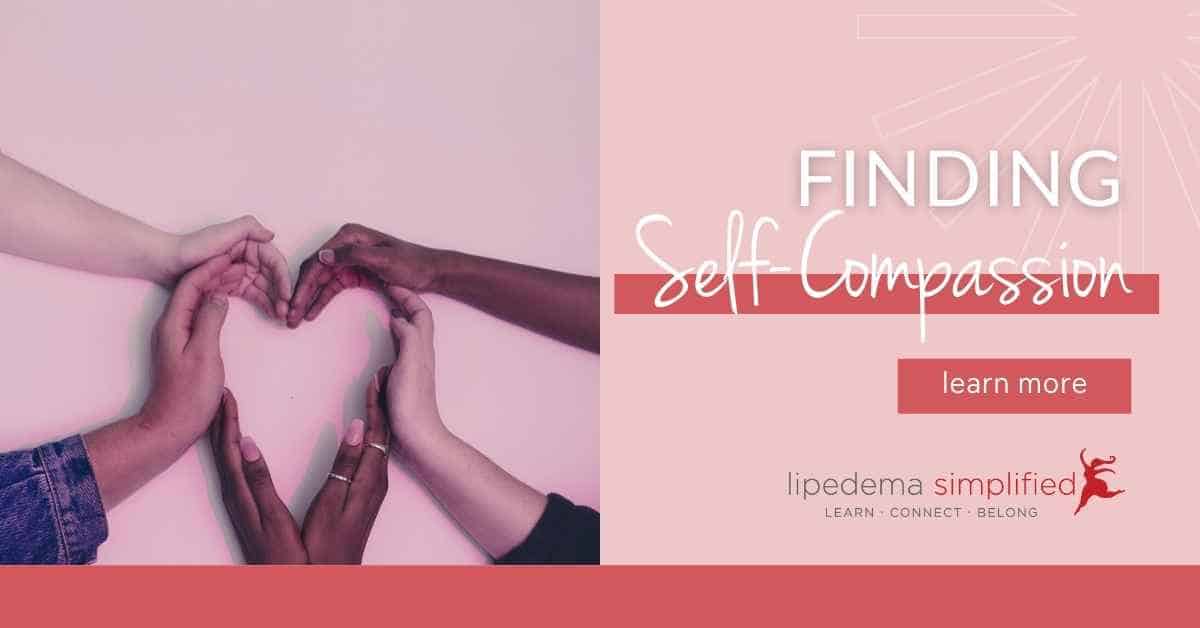
Most people struggle or don’t have an idea of how to have compassion for themselves, even though having compassion for yourself is really no different than having compassion for others. Think about what the experience of compassion feels like. First, to have compassion for others, you must notice that they are suffering. Second, compassion involves empathy. So that your heart responds to someone’s pain. You feel warmth, caring, and the desire to help the suffering person.
Having compassion also means that you offer understanding and kindness to others when they fail or make mistakes, rather than judging them. And, finally, when you feel compassion for another (rather than pity), it means that you realize that pain, failure, and imperfection are part of being human.
Can you have compassion for yourself?
Self-compassion is treating yourself the same way as you would treat others when they are having a difficult time or dealing with pain. So when you fail or make mistakes, or notice something about yourself you don’t like, try to have compassion for yourself the way you would for others. Instead of ignoring your personal suffering, stop and ask yourself, “How can I comfort and care for myself at this very moment?”
Three elements of self-compassion are Self-Kindness, Common Humanity, and Mindfulness. These are important in learning how to have compassion for yourself.
Self-Kindness
People can’t always be what they want to be or get what they want. We often don’t accept this as our reality, and this denial causes stress, frustration, and self-criticism. But when we accept this reality with empathy and kindness toward ourselves, we can be at peace with who we are and express greater self-love.
Common Humanity
The very definition of being human means that one is mortal, vulnerable, and imperfect. Expressing self-compassion means that we understand that suffering and personal inadequacy are part of life – we all go through it. We are not alone. We are human.
Mindful Awareness
Mindfulness is being non-judgmental and receptive. We observe thoughts and feelings as they are there, we do not suppress or deny them. We accept it as they are. We can’t ignore or quash our pain and feel compassion for it at the same time.
What if?
What if you started treating yourself with compassion? How would your life be different? What changes would you make in your speech? How about in your actions? And your thoughts?
I wish every one of us finds it in our hearts to have compassion for ourselves. It seems like it is something most of us forget to give ourselves. Especially during the holiday season, may we find it in ourselves to treat ourselves with compassion in the same way we would treat others. I believe we owe it to ourselves.
And we can, because anything is possible with Lipedema. Join our Facebook group here so we can learn self-compassion together.
~ Gail Straker, BAEd
Community Manager, Director of Coaching
Lipedema Simplified
